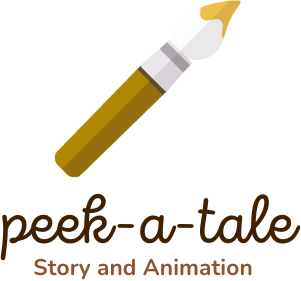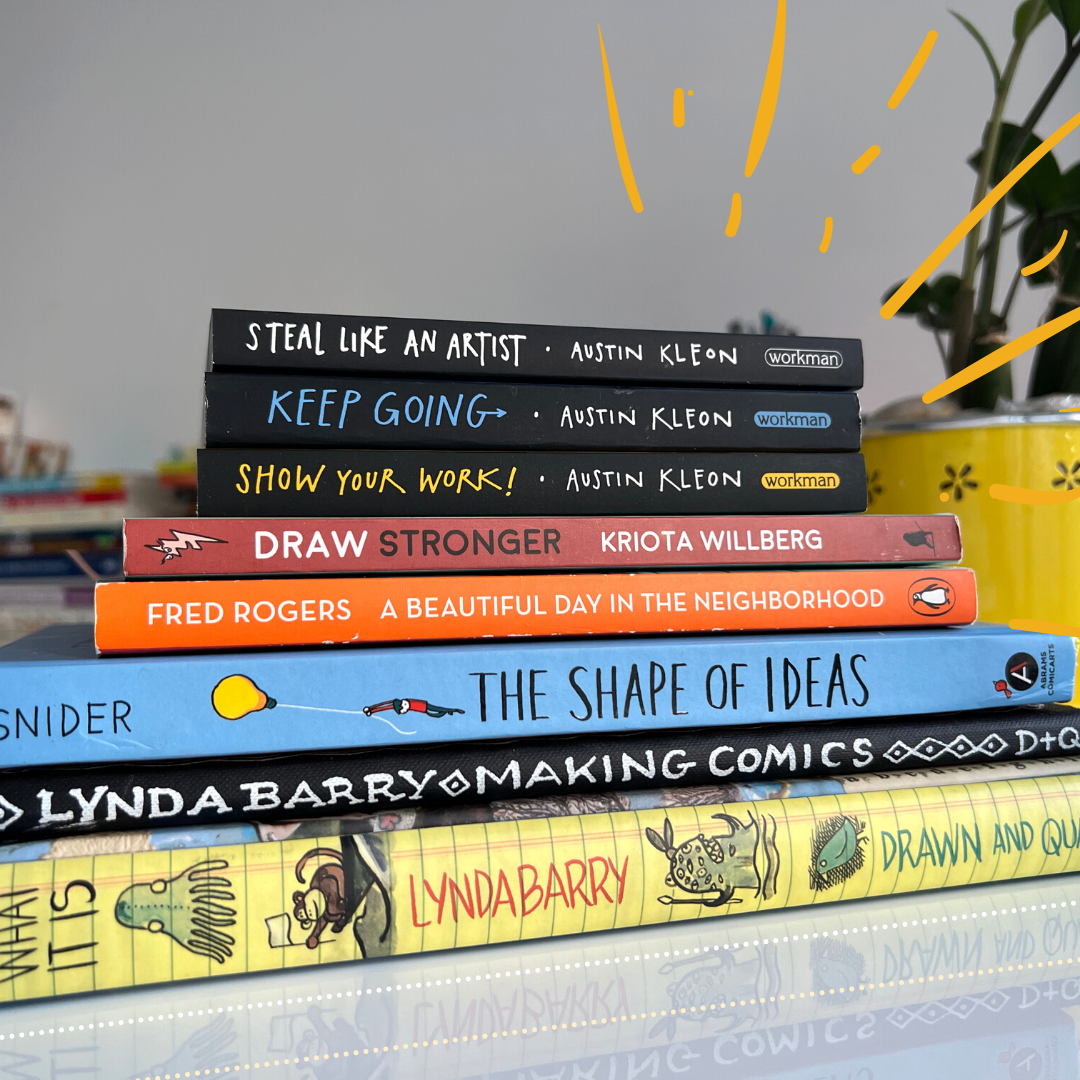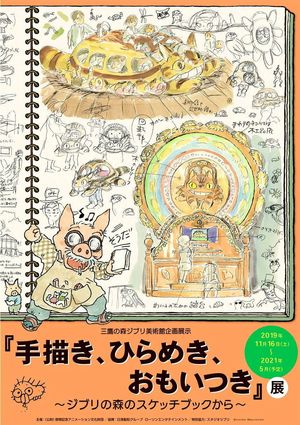One of the briefs written down for this blog was to chase what's fun at the moment. And right now, two years into the pandemic, I've been mulling over what it means to have a healthier relationship with art-making – especially in the context of a life-long career.
Because as liberating as creating can be sometimes, it... might be the infinite amount of choices we get to make every day that causes us to burn out.
So just like we do with human relationships, maybe it's worth taking the time to update the expectations we have for artmaking too. Let's take a look at ten-ish perspectives that could help with the process!

📗 1. Syllabus
By: Lynda Barry
Also Recommended: What It Is, Making Comics
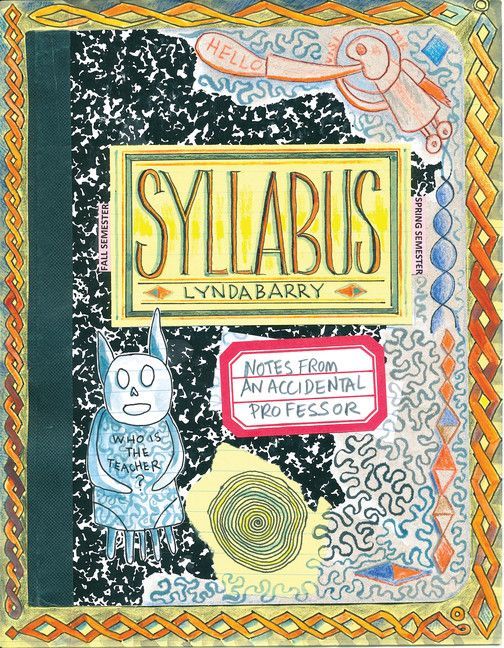
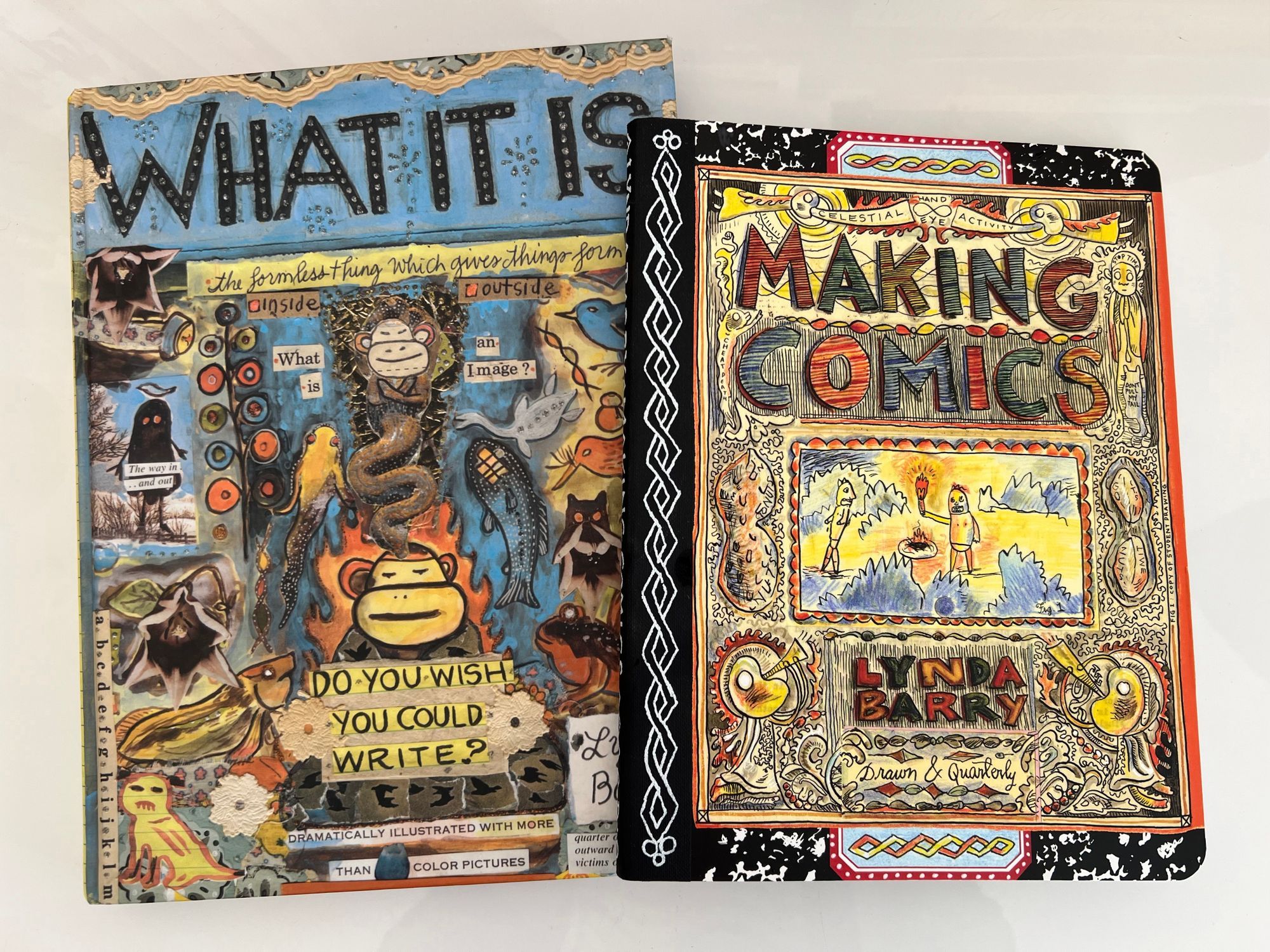
"People can be very cruel to their own drawings, and kinder toward the drawings of their classmates. So one of the best places to send a new drawing is into the hands of the person sitting next to you. [...] We hold and regard each drawing as it's passed our way, giving it the kind of living chance it needs to survive the creator's doubt." - from Making Comics
The simplest way to describe Syllabus is a collection of creative exercises in a graphic novel form. For me, all three of these books also serve as a quasi first-aid art therapy kit. They're full of out-of-box-thinking exercises that help me break out of whatever unhelpful tunnel I've narrowed my mind into, all delivered on pages upon pages of whimsical notes.
And if you ever have a chance to attend one of Lynda Barry's lectures, don't hesitate! She has the uncanny power to remind people of those early precious feelings we held for our art.
Find out more on the publisher's website!
📙 2. Art and Fear: Observations on the Perils (and Rewards) of Artmaking
By: David Bayles & Ted Orland
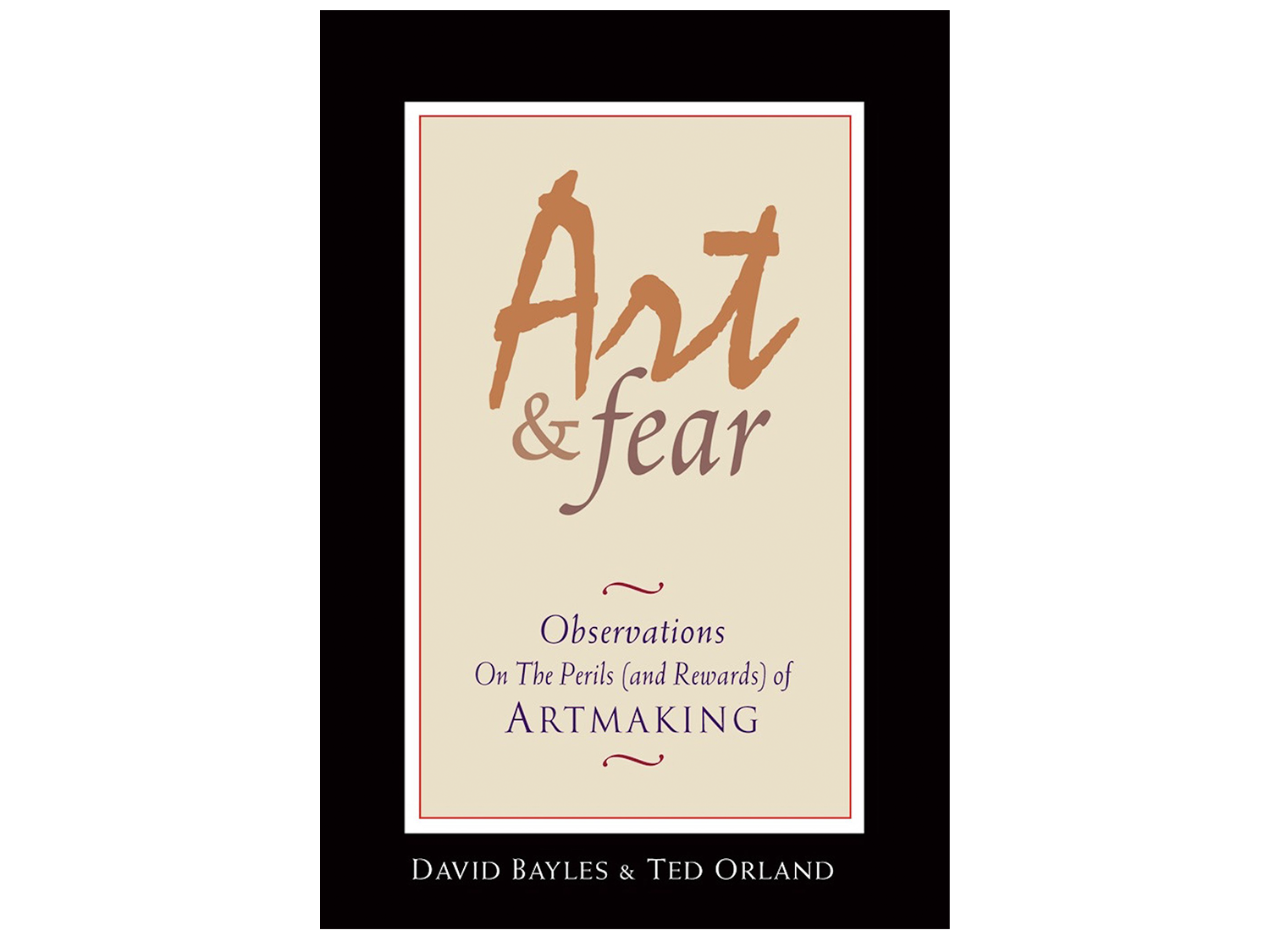
A perspective-shifting read recommended by story veteran Mark Kennedy. They're full of the kind of observations that make you slap your forehead and shout, "FINALLY SOMEONE GETS IT!".
I met Mark by chance at a time of peak overwhelm and vagueness about where to go next. Reading the book helped me see that the anxiety surrounding some parts of the artistic cycle is inevitable and not necessarily a sign of personal failing. Learn when to watch out for it and find a way to chip at the work despite its presence. Eventually, the anxiety begins to feel more like a compass.
Find out more about it on Goodreads.
📗 3. Man's Search for Meaning
By: Victor E. Frankl
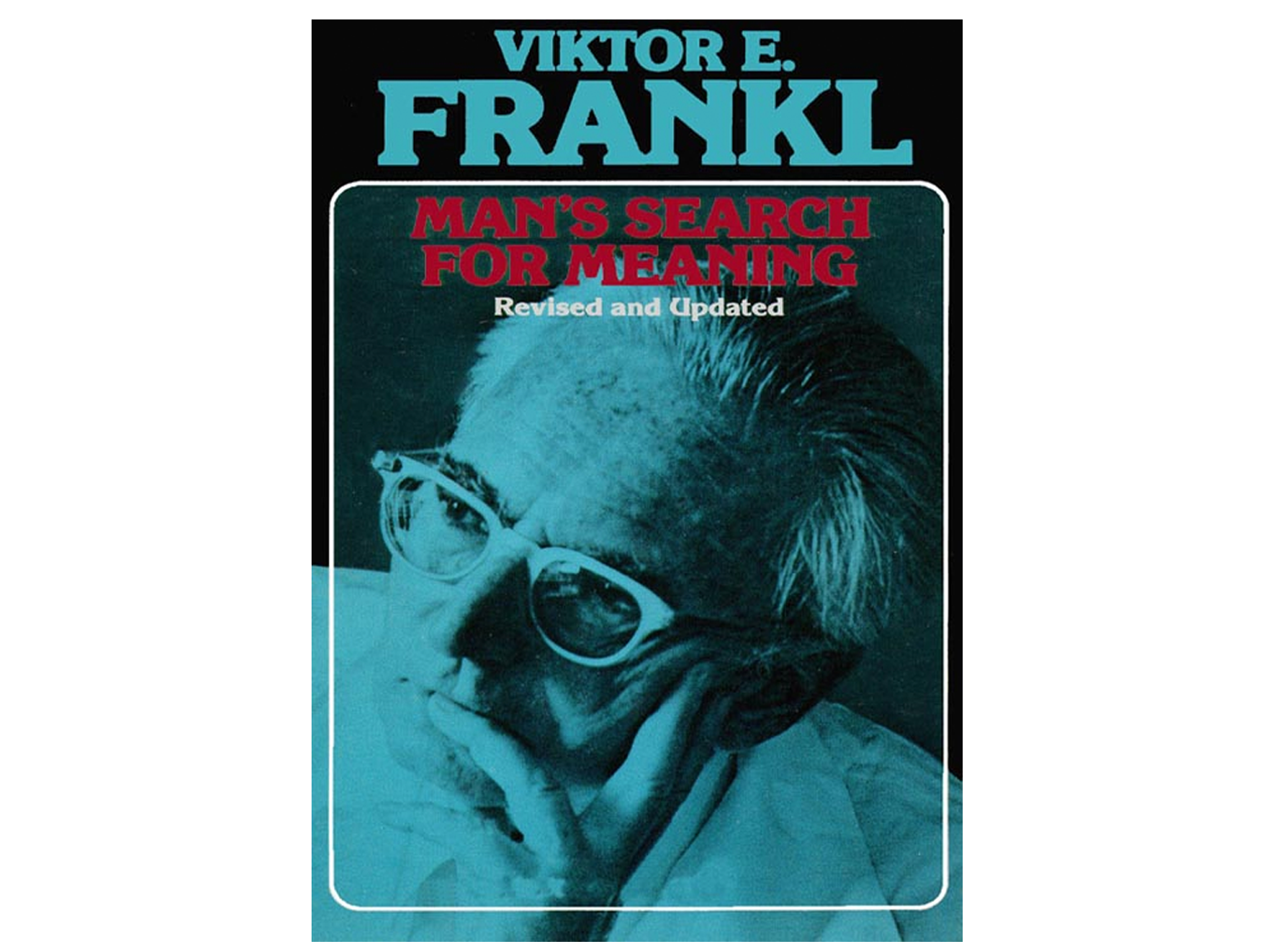
"Those who have a 'why' to live can bear with almost any 'how.'"
"When we are no longer able to change a situation, we are challenged to change ourselves."
Another short, powerful read. Here, Austrian-Jewish professor Victor Frankl shares what dawned on him during his imprisonment in a WW2 concentration camp. No one could blame Frankl had he lost all sense of purpose and self when facing the futility of those days. But he didn't. This book is about how that happened.
The images of Frankl, alone on those pitch-dark nights, gazing at what's beyond the fence while remaining steadfast in his purpose, stayed with me long after.
Find out more about it on Goodreads
📙 4. My Solo Exchange Diary
By: Nagata Kabi
Also Recommended: My Lesbian Experience with Loneliness, My Solo Exchange Diary 2, My Alcoholic Escape from Reality
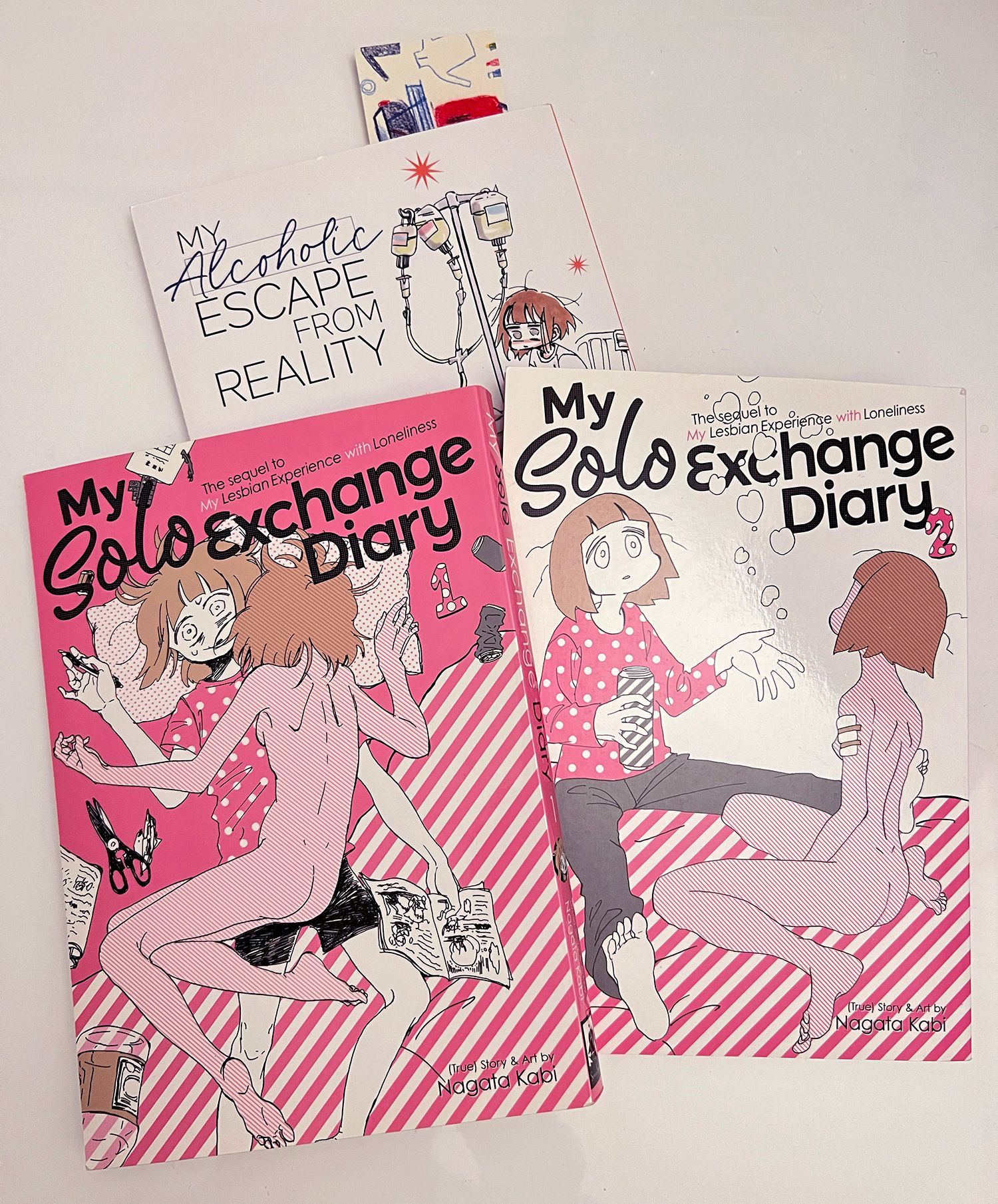
Is this too much whiplash? You might find an autobiographical manga about a struggling alcoholic artist a strange choice to put on a list focused on healthier mindsets. But it's the painfully candid and vulnerable nature of Nagata's observations that I found comforting.
Volatile is an understatement for how Nagata portrays her health and self-esteem throughout this series, but I'd be lying if I said I didn't recognize some of the more self-defeating impulses she struggles with within my own mind. The hope is that we all can.
Find out more on the publisher's website
📗 5. Show Your Work
By: Austin Kleon
Also Recommended: Keep Going, Steal Like an Artist
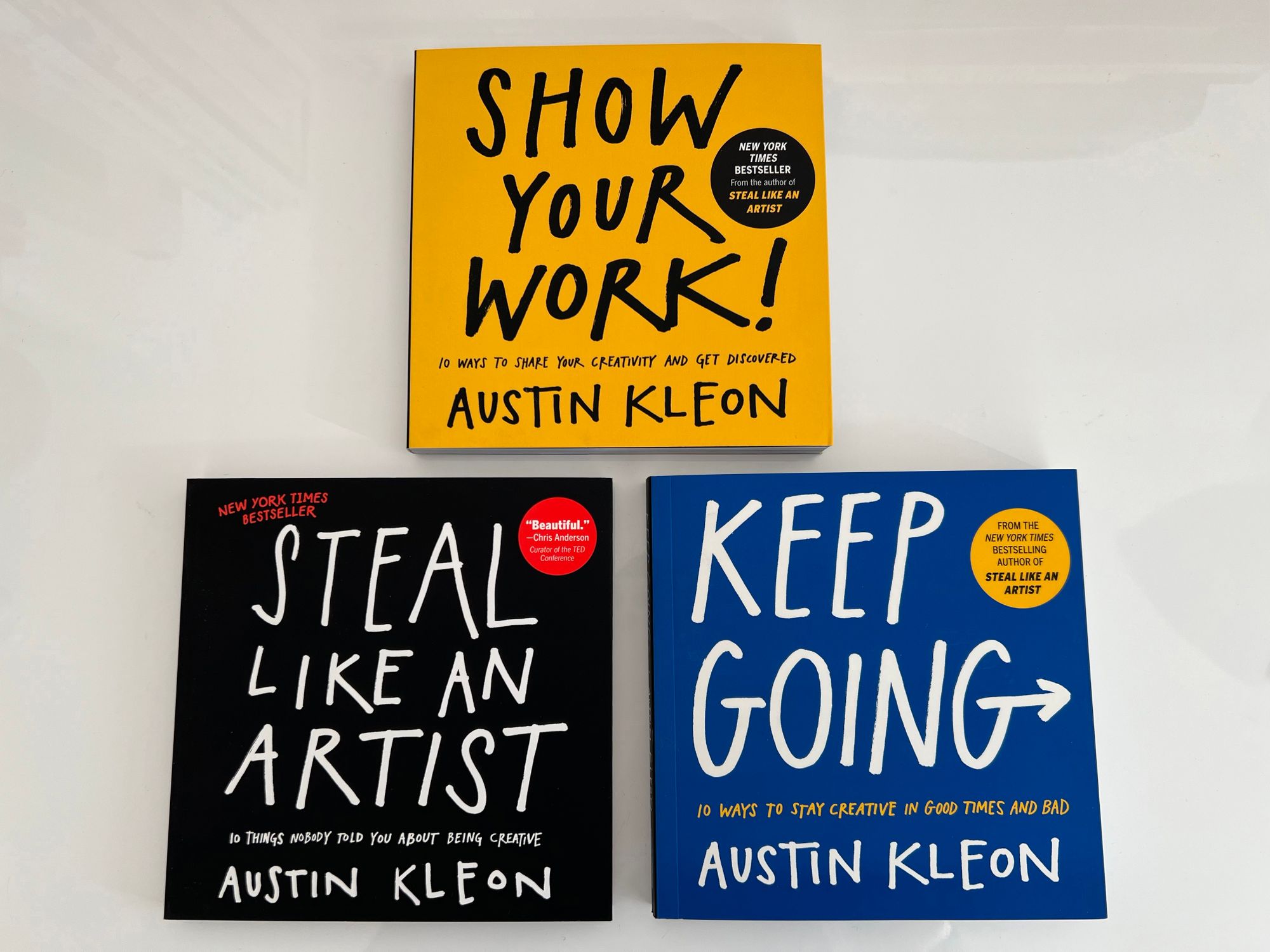
I find that my favourite books tend to get to their point without frills and detours. These three are great examples of this, mainly due to Kleon illustrating his point with Sharpie infographics on every other page.
To summarize their ethos: You can choose to internalize the suffering artist stereotype and burn out in a year chasing unattainable Perfection or... sit down and learn how to enjoy doing imperfectly human work, in the long haul.
Although Keep Going was published a year prior to the pandemic and addresses the US political crisis of the time, all of its advice is somehow even more spot-on now.
Find out more about it on the author's website
📙 6. The War of Art
By: Steven Pressfield
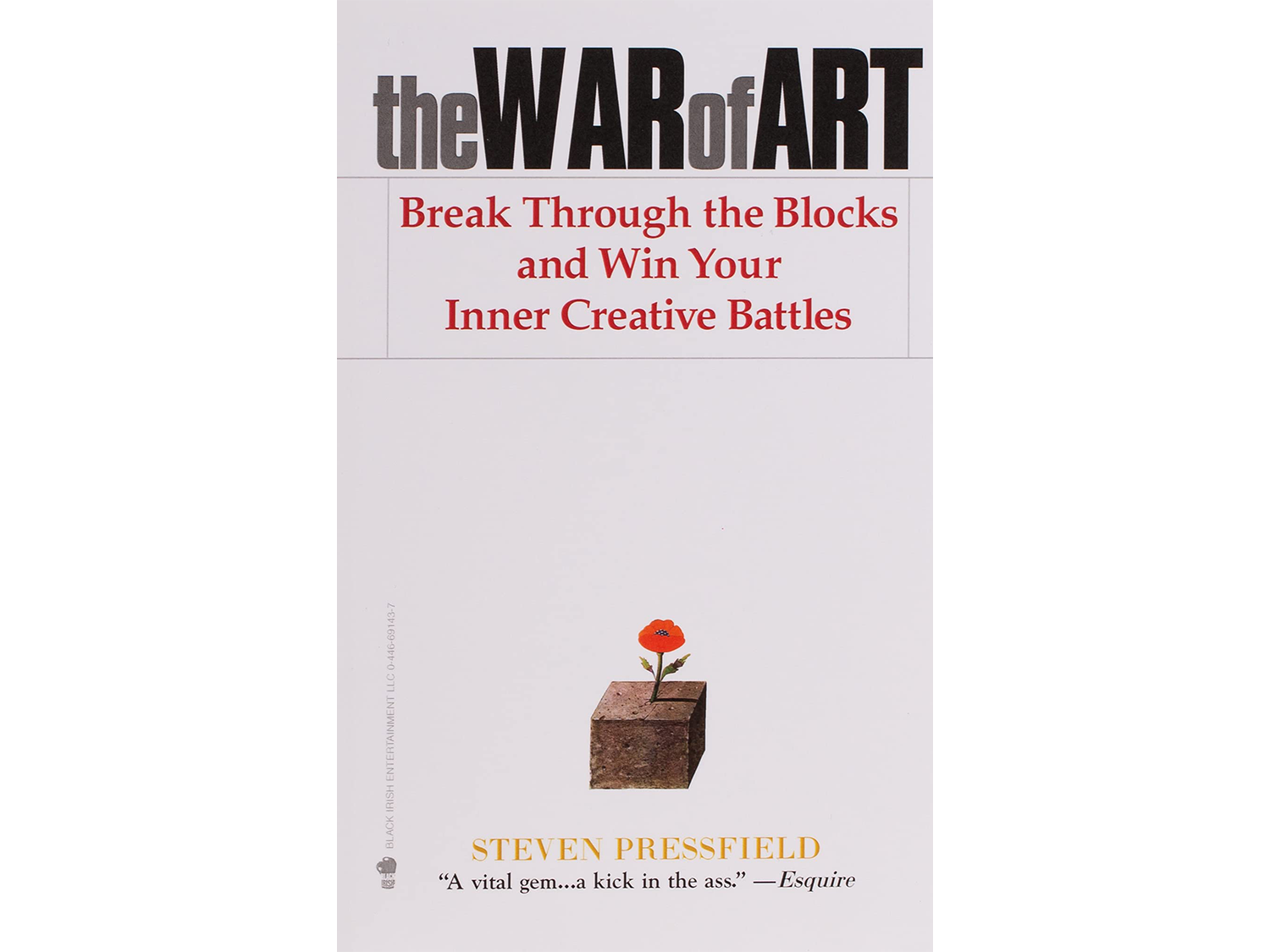
You know what, it's been a few years since this one. Here's what I can recall without cheating: it was worth the time, very tough-love style, and the one thing I took away was the inevitability of facing Resistance whenever we sit down to create. And that the easiest way out is through. Oh, and did I mention it was short?
Find out more about it on the author's website
📗 7. A Beautiful Day in the Neighbourhood
By: Fred Rogers
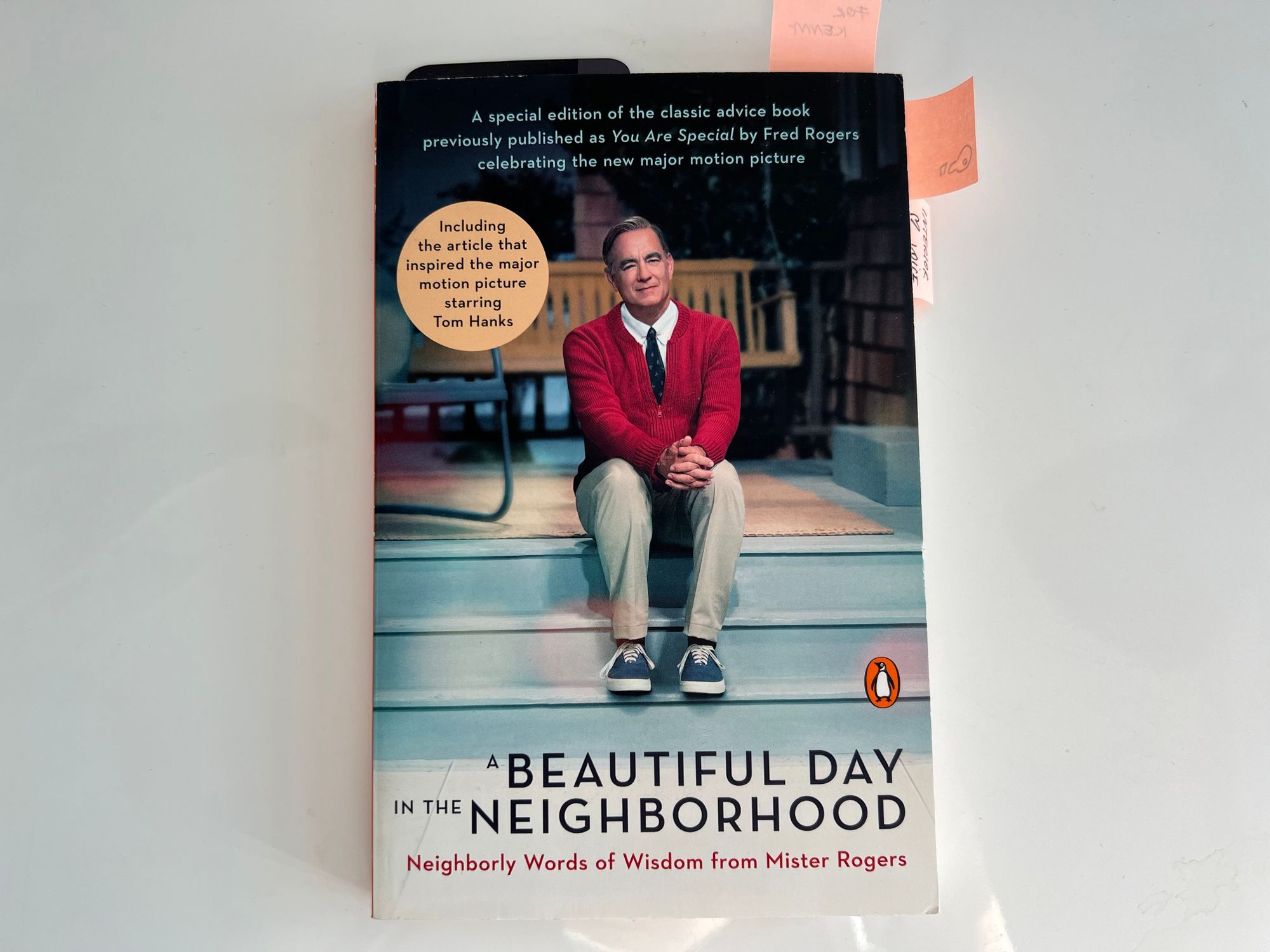
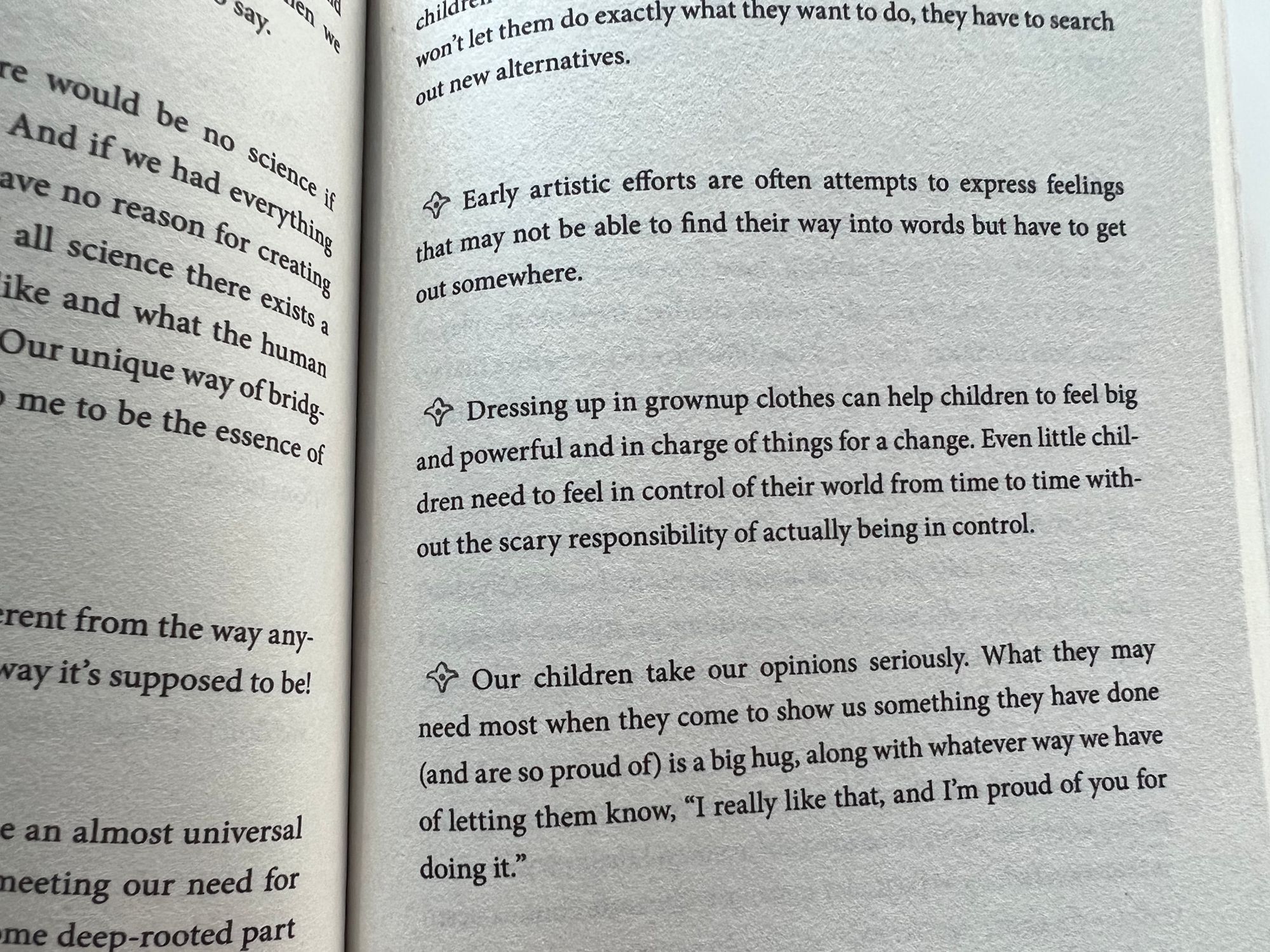
A great companion to the moving 2018 documentary Won't You Be My Neighbor, this book collects quotes from Fred Rogers – a man who was, by all accounts, exceptionally kind. He also had a lifetime of experience entertaining children on national TV every week! This book's for anyone looking to be not only a kinder storyteller but also a kinder adult to the kid inside all of us.
Find out more on the publisher's website
📙 8. Draw Stronger
By: Kriota Willberg
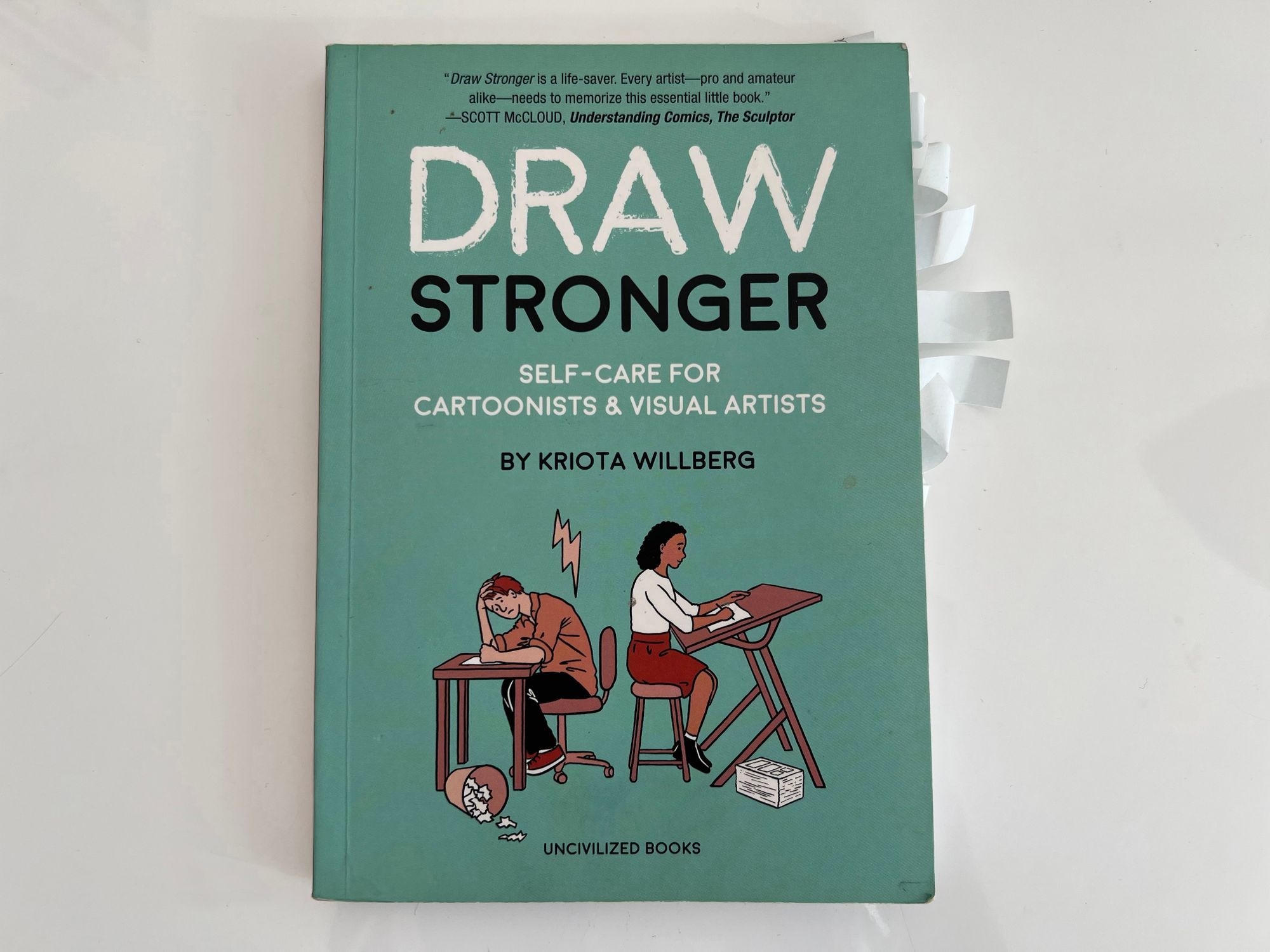
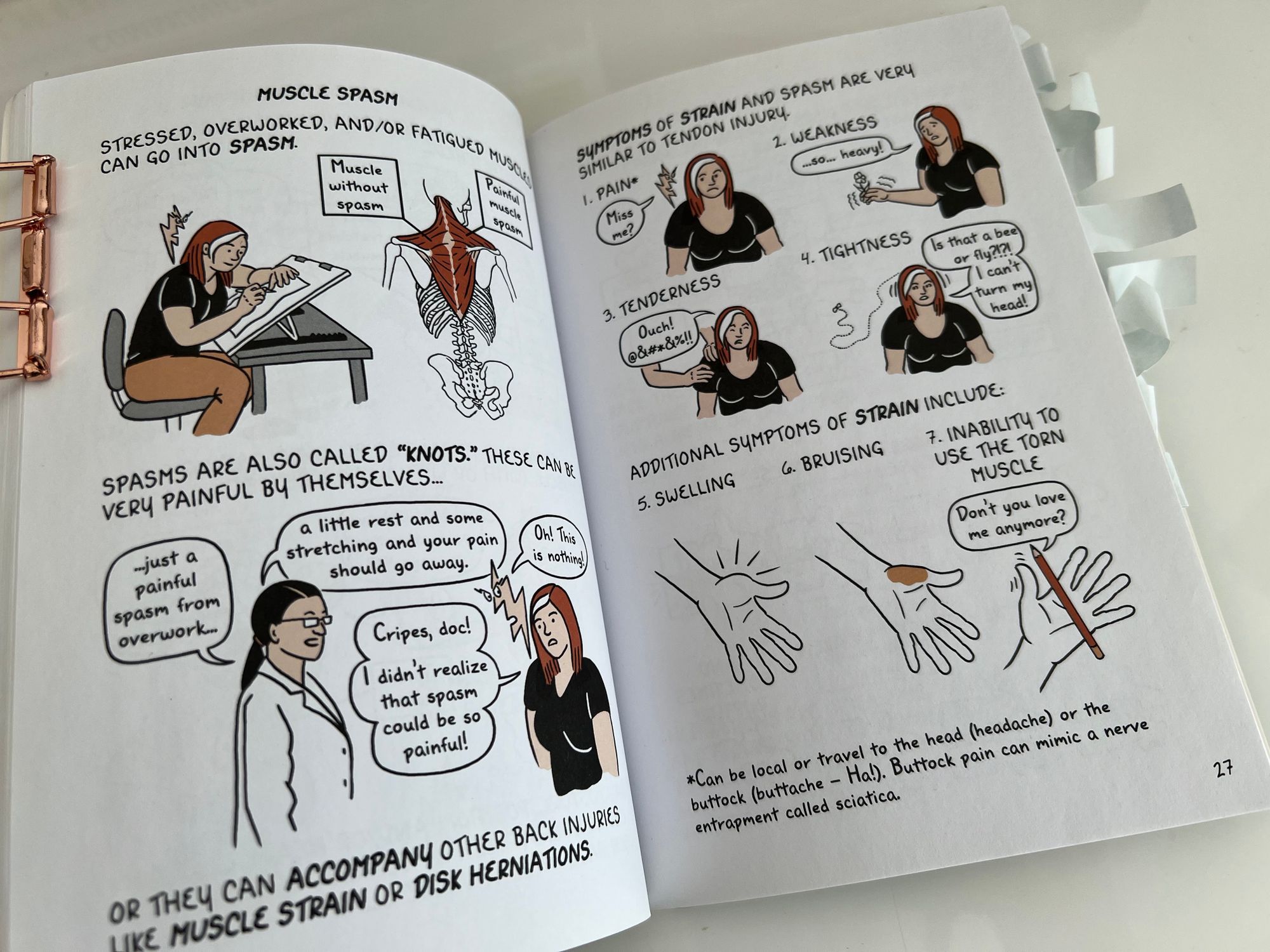
Draw Stronger is a book drawn by cartoonists for cartoonists. It's full of empowering information on what areas of injury to watch out for as a sedentary artist. Since our bodies support us so much, it feels like the least we can do for them is learn more about what does them well.
Easy to read, super applicable and makes you sound like you know your stuff next time you're moaning about lower back pain to your chiropractor!
Find out more on the publisher's website
📗 9. The Shape of Ideas
By: Grant Snider
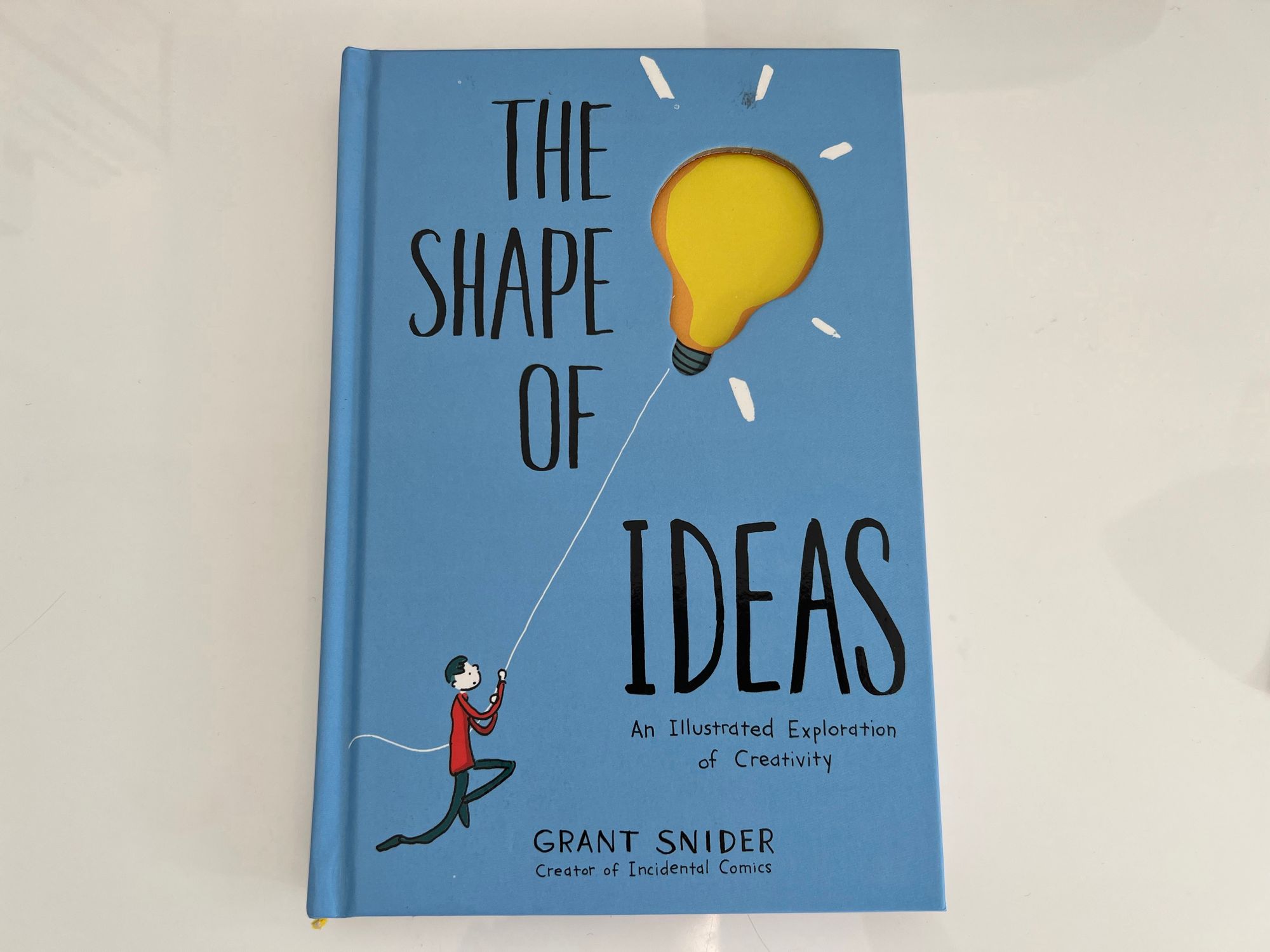
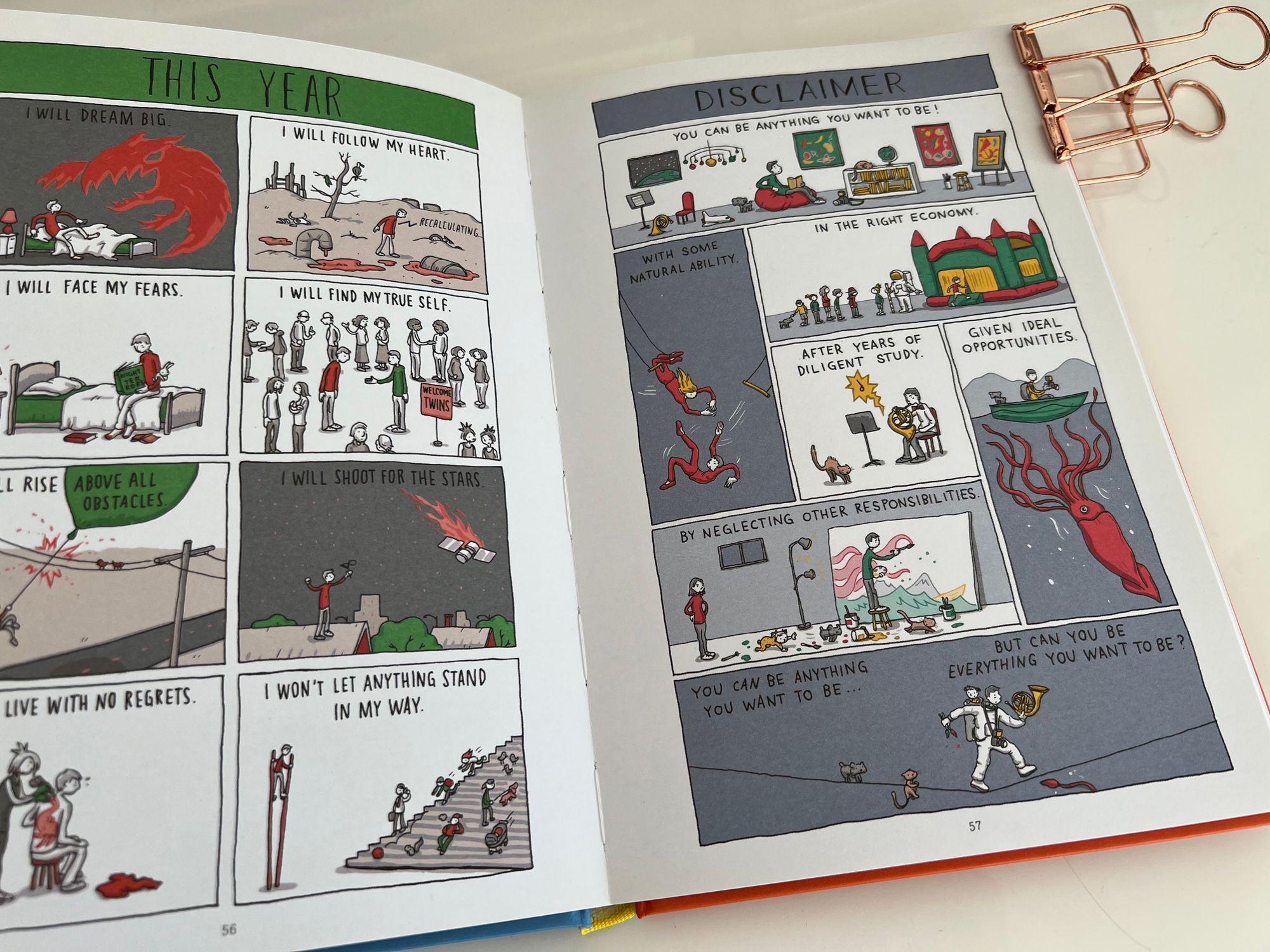
Discovered this little gem nestled in the Art Gallery of Ontario. A collection of comic strip essays pondering the nature of creativity. Poetic, bite-sized and disarmingly thoughtful.
Find out more on the author's website
📙 10. Four Thousand Weeks - Time Management for Mortals
By: Oliver Burkeman
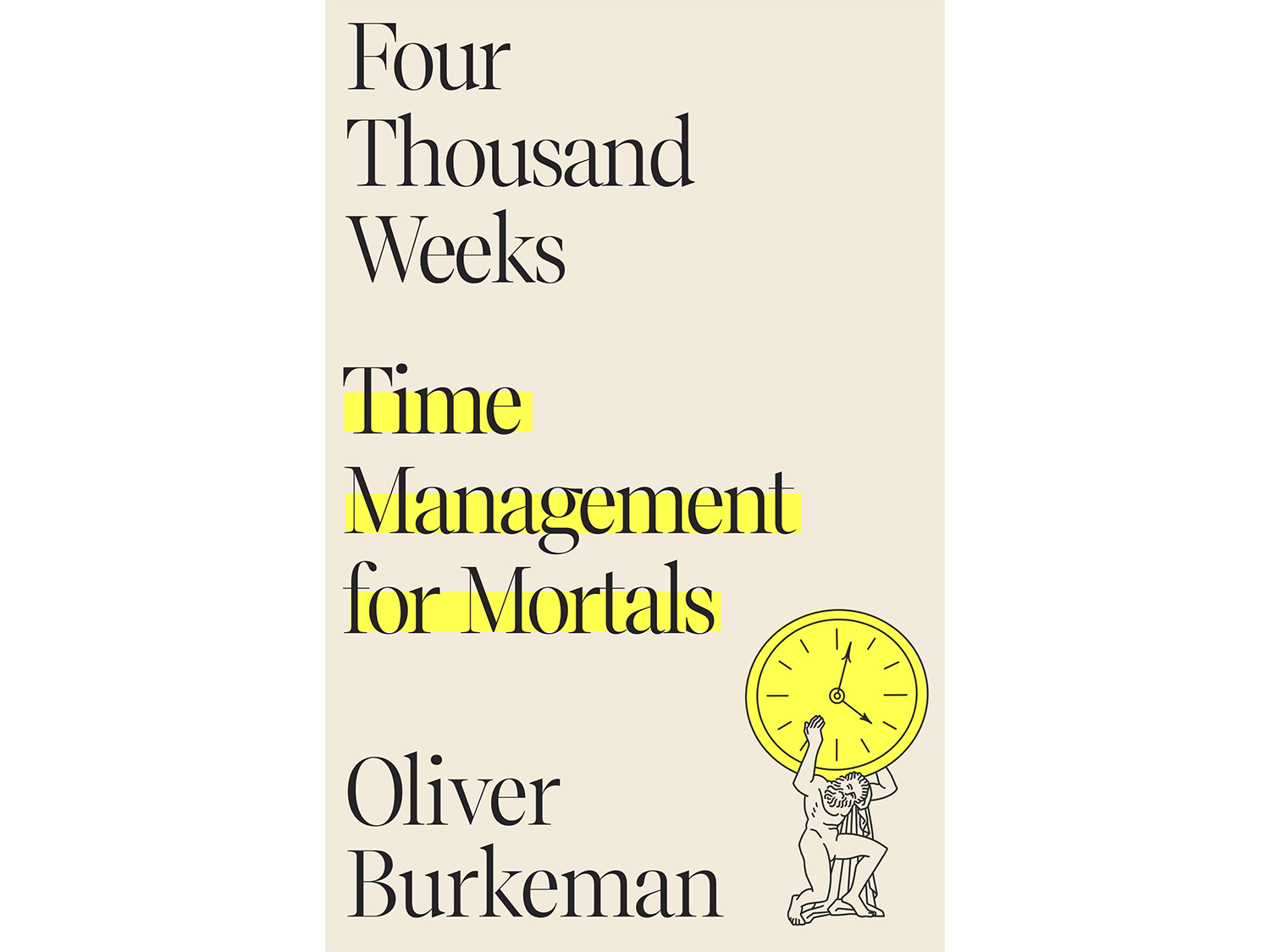
The only book on this list that was written after the pandemic's beginning. Despite its title, it reads more like philosophy than self-help.
As someone who leans more on the side of "going towards the pain to grow", this book's value was in pausing me to consider:
a. Is this growth mindset still coming from a healthy place?
b. The difference between imagining the best possible result, then trying to cram the often unrealistic amount of work needed to achieve it into a limited schedule VS planning the amount of work & quality based on the limited time given. It's so simple, but turns out the order of these two steps can often be the difference between feeling energized or burnt out at the end of the day.
c. Reframing perfectionism as a symptom of privilege. Probably why it becomes easier to discard expectations of "perfect" when close to a deadline - we simply don't have the choice anymore. The freer we are, the more likely we're gonna self-sabotage by aiming for the often unreachable, highest goal – instead of something just outside of the comfort zone, which is sustainable.
–– In short... it doesn't always have to hurt.
Find out more on the author's website
Conclusion
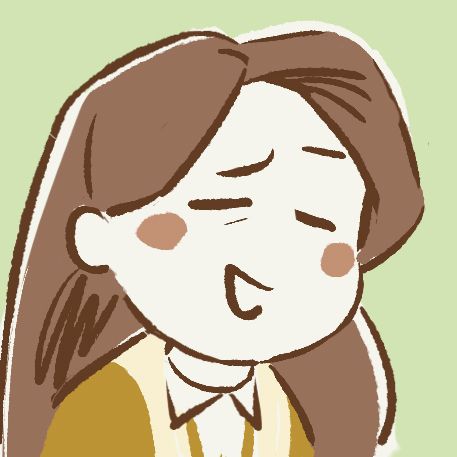
And if you think there's a 📙 that's missing from this list, feel free to share it in the comments below! Perhaps others can benefit from it as well.
Thank you for reading this far, and see you next time!
